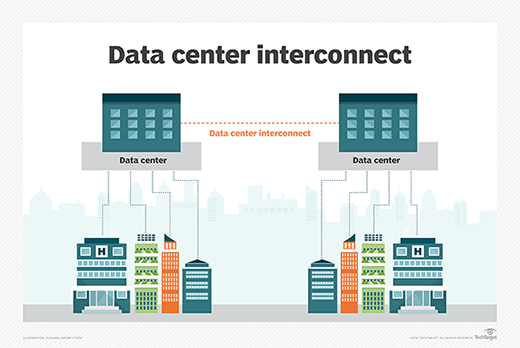What Is a Primary Key?
A primary key is an essential aspect of any relational database management system. A primary key is a unique identifier that is assigned to each record within a database table. The purpose of a primary key is to ensure that each record is unique and identifiable within the table. Primary keys play an important role in the process of data normalization, which is the process of organizing data in a database structure to minimize the redundancy of data.
A primary key can be any field or combination of fields within a database table that uniquely identifies each record in the table. Typically, primary keys are chosen from fields that are important to the business logic of the database application. For example, in a customer database, the primary key might be the customer’s unique identifier, such as their Social Security Number or a customer ID number. In a sales database, the primary key might be the sales order number.
One of the essential aspects of a primary key is that it must be immutable. This means that once a primary key is assigned to a record within a table, it cannot be changed. This is because changing the value of a primary key could potentially result in the loss of data, as the database management system would no longer be able to identify that record within the table.
Another important consideration is that primary keys must be unique. In other words, no two records within a table can have the same primary key. The reason for this is that primary keys are used to locate specific records within a table. If two records share the same primary key, the database management system would not be able to reliably locate either of the records.
One final consideration is that primary keys should be simple, stable, and human-readable. Simplicity is important to ensure that the primary key can be easily understood and managed by database administrators. Stability is important to ensure that primary keys remain valid over time. Finally, human-readability ensures that primary keys can be easily understood and interpreted by users when viewing database records.
In conclusion, a primary key is an essential aspect of any relational database management system. It ensures that each record within a database table is uniquely identifiable and plays an important role in data normalization. Primary keys must be immutable, unique, and simple, stable, and human-readable for effective management and interpretation of database records.





